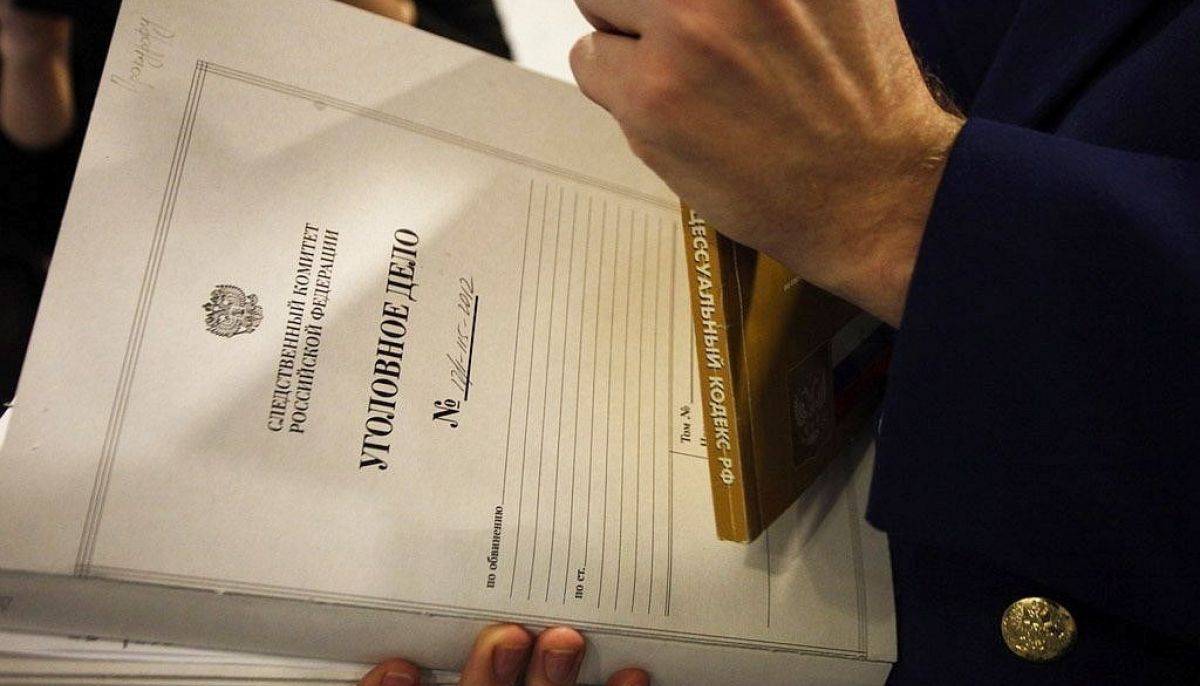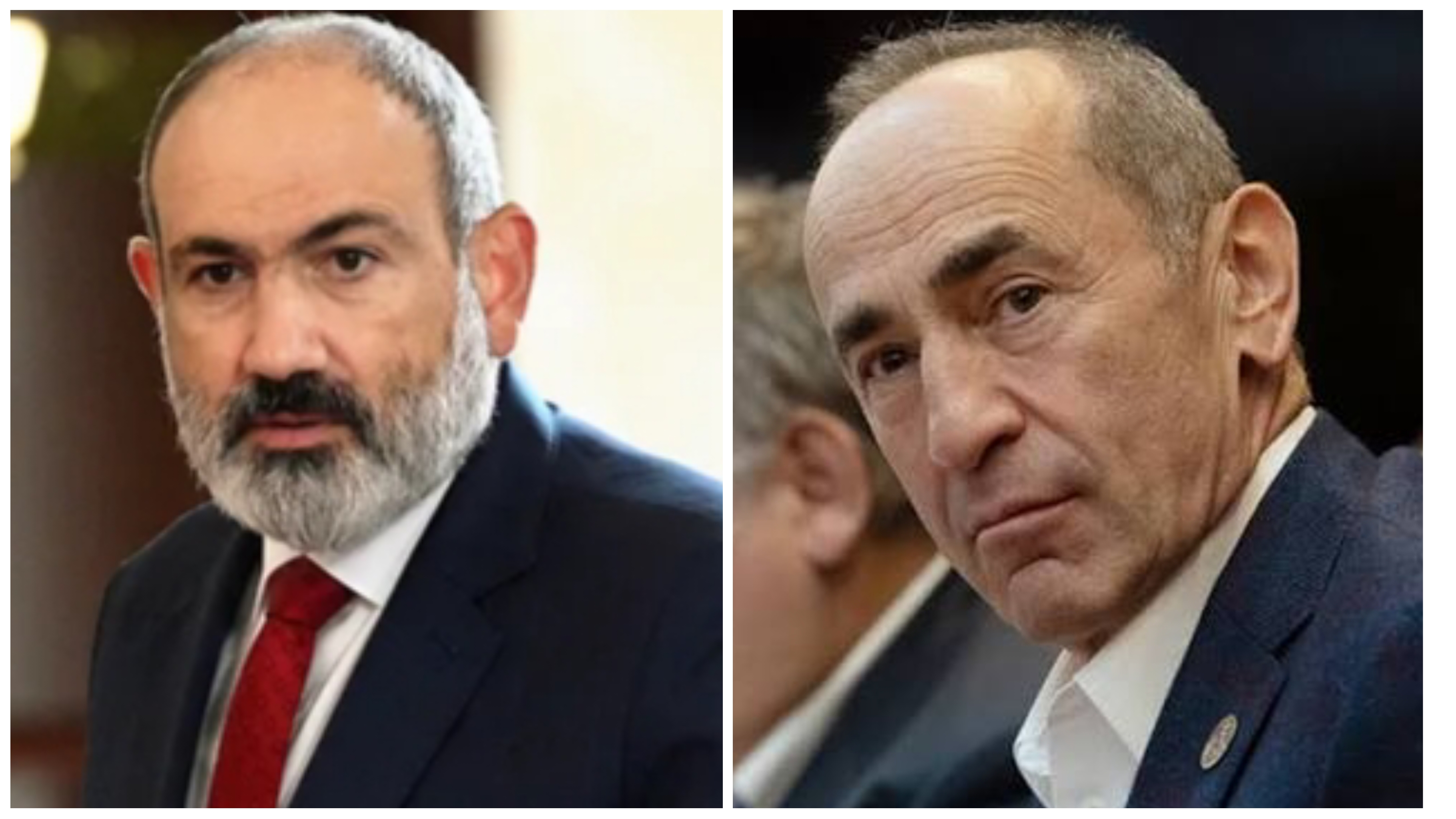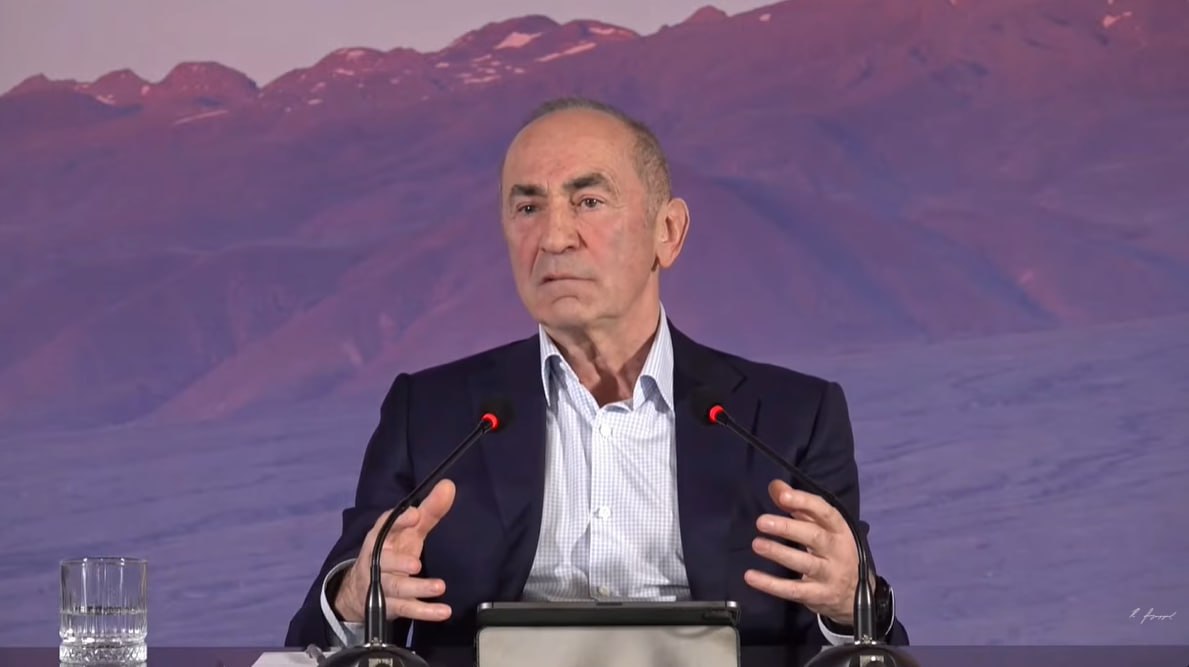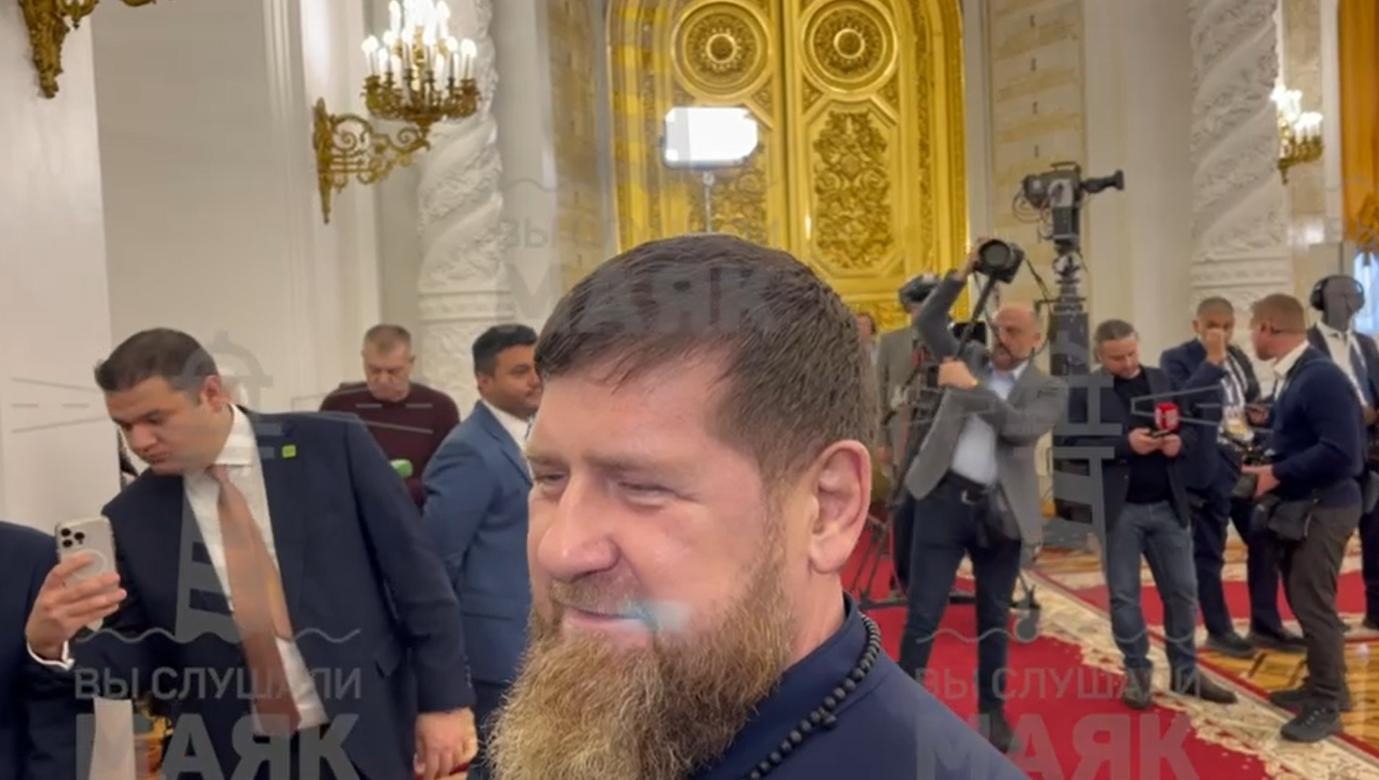A second administrative case has been opened in Chechnya in Russia for searching for "extremist materials" online. The case was registered by the Naursky District Court, and local resident Isa Magomadov is listed as the offender.
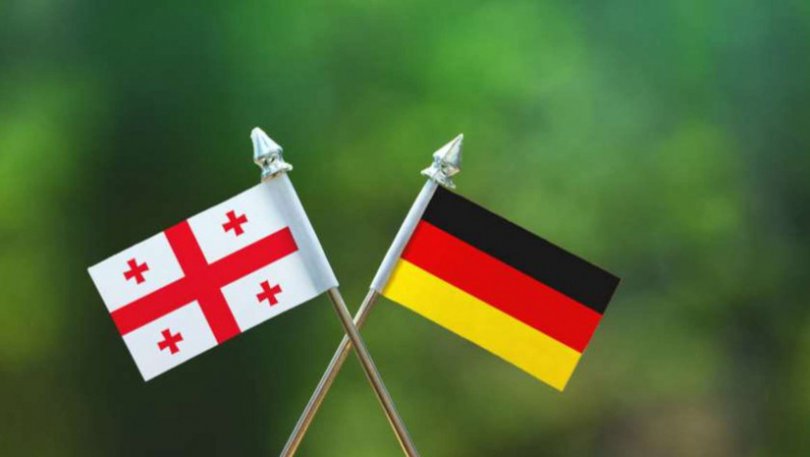
On September 24, First Deputy Foreign Minister Giorgi Zurabashvili met with German Ambassador Peter Fischer at the Georgian Foreign Ministry.
The Georgian Foreign Ministry's subsequent statement read: "During the meeting, it was explained to the ambassador that, in accordance with Article 41, paragraph 1, of the 1961 Vienna Convention on Diplomatic Relations, a member of a diplomatic mission is obliged to respect the laws and regulations of the receiving state and not to interfere in the internal affairs of the receiving state."
According to the Georgian Foreign Ministry, "the Georgian side is concerned about attempts to advance a radical agenda in the country," as well as the politicization of legal proceedings involving foreign diplomats. The ministry added that it had asked the German embassy to provide concrete evidence of its concerns regarding "incitement to hate speech and the spread of disinformation," but this was not forthcoming.
In response, the German Foreign Ministry issued a statement "categorically condemning the aggressive rhetoric" and the "unfounded summons" of the ambassador to the Georgian diplomatic mission.
"The ambassador represents the position of the federal government and acts in full compliance with the Vienna Convention," Berlin emphasized.
Fischer himself, speaking to journalists outside the Foreign Ministry, noted that such a summons was the first such instance in the history of modern relations between Georgia and Germany.
